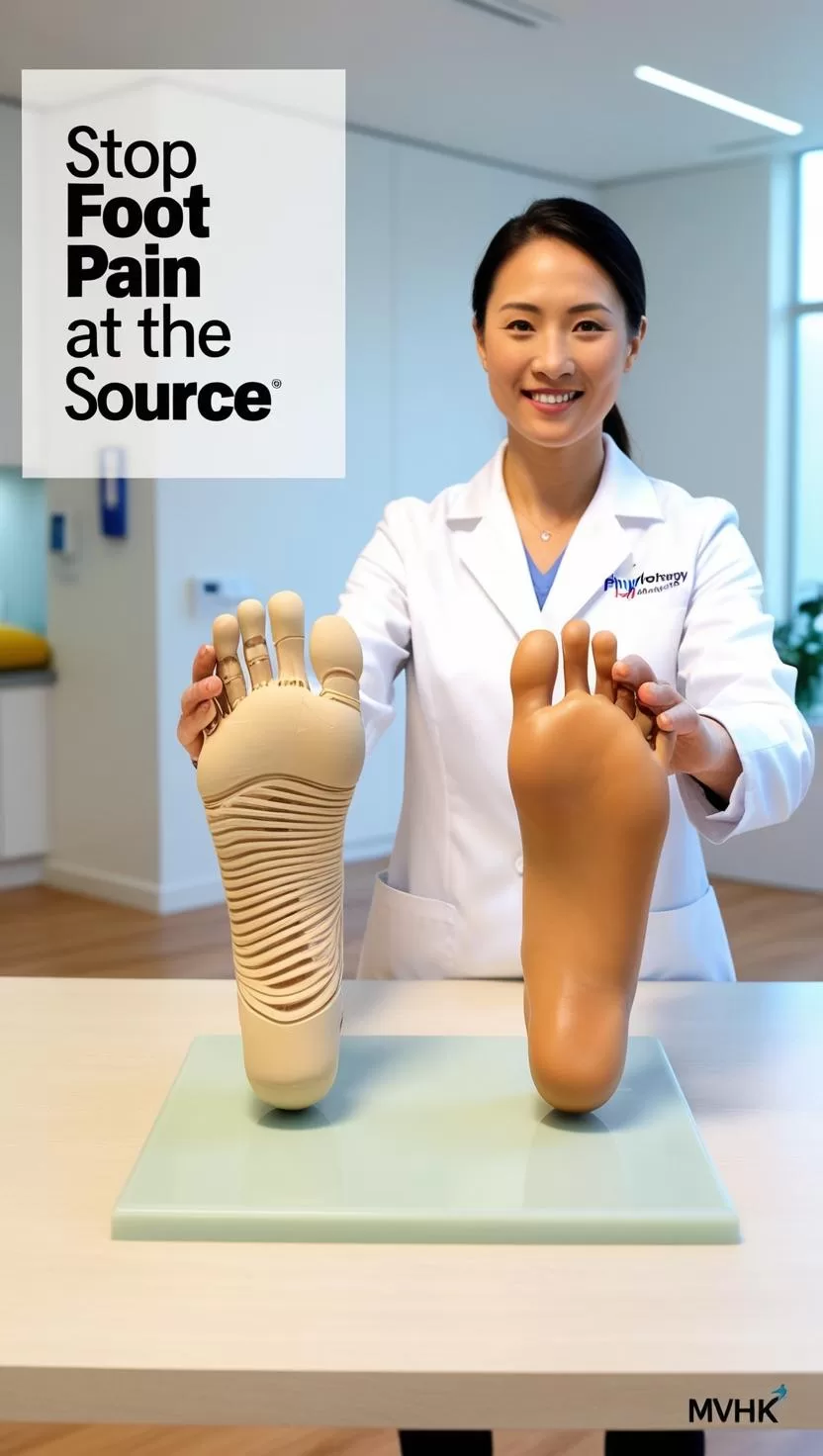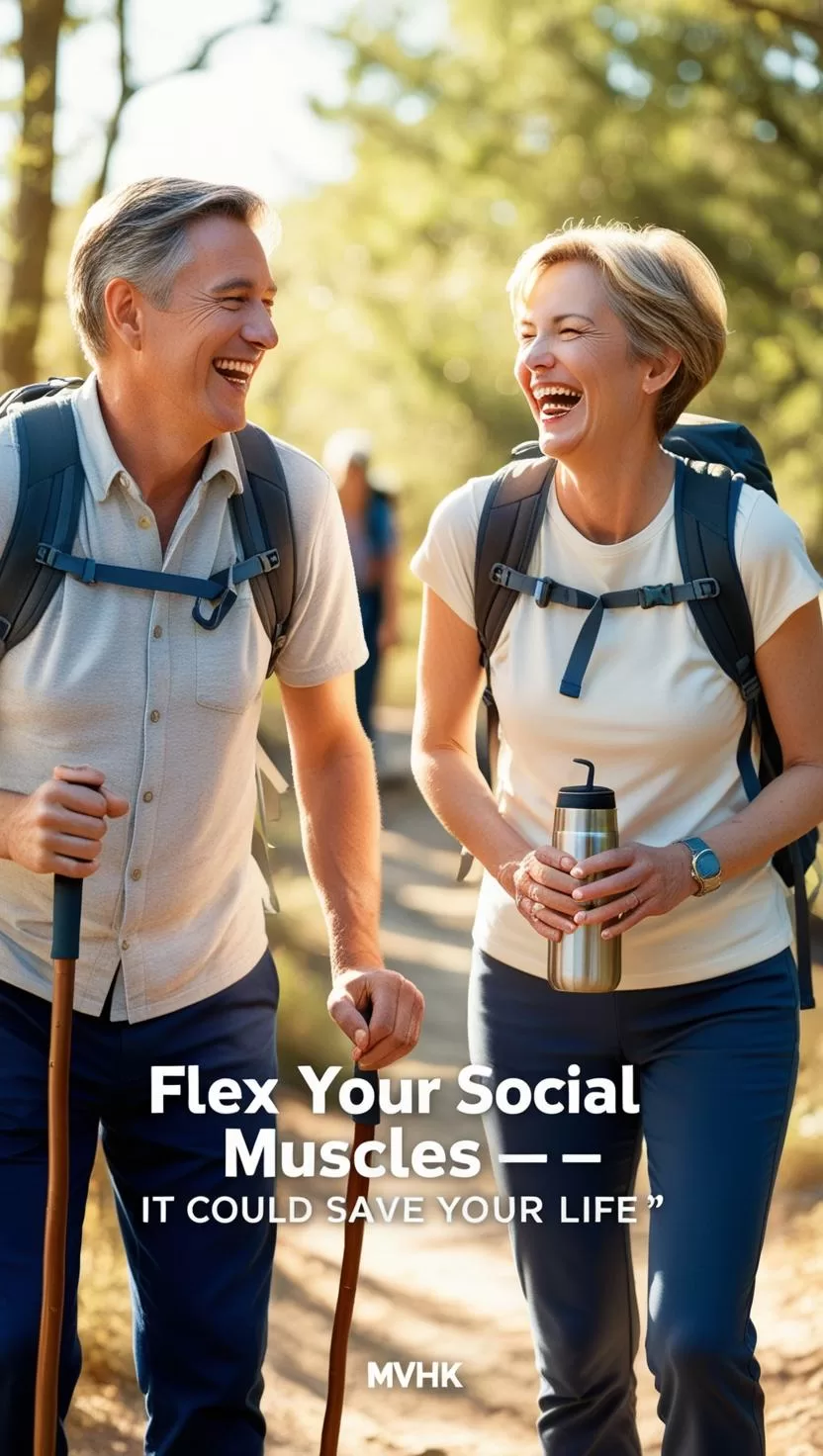The Hidden Damage of Regular Shoes: Why Footwear Shape Matters More Than Arch Support
Introduction:
The modern foot pain epidemic might have a surprisingly simple cause: your shoes. While most people obsess over arch support or cushioning, few realize how much harm regular shoes do to foot health. With a narrow toe box and rigid design, most footwear reshapes your feet over time, causing pain, misalignment, and long-term mobility issues. The primary keyword: regular shoes.
1️⃣ How Regular Shoes Cause Foot Damage
Toe Box Compression and Deformity
Traditional shoes force the toes into a pointed shape, which is not natural to the human foot. This causes bunions, hammertoes, and nerve compression. Research from the Journal of Foot and Ankle Research shows that narrow toe boxes reduce foot stability and increase the risk of chronic pain.
Link
Joint Misalignment and Pressure Points
Rigid soles and elevated heels alter your posture and stride. This shifts pressure unnaturally to the forefoot and heel, contributing to issues like plantar fasciitis, Achilles tendonitis, and knee or back pain.
2️⃣ Why Arch Support Isn’t the Real Solution
Support vs. Function
Contrary to popular belief, excessive support may weaken foot muscles. Harvard researchers emphasize the importance of letting feet move and flex naturally, instead of immobilizing them.
Link
Natural Movement Restores Foot Strength
Minimalist or barefoot-style shoes mimic natural conditions. Studies show they strengthen the intrinsic muscles of the foot, promote balance, and reduce injury recurrence.
PubMed Study
3️⃣ Switching to Natural Footwear: What to Look For
Key Features of Healthy Shoes
Look for shoes with:
- Wide toe box
- Zero drop (no heel elevation)
- Flexible sole
- Lightweight, breathable materials
Transition Tips for Post-Injury Recovery
Switching too quickly can cause discomfort. Start with 20–30 minutes a day indoors, gradually increasing use over 2–4 weeks. Pair with foot strengthening exercises and toe spacers like Correct Toes.
Conclusion: How to Get Started Today
If you suffer from foot pain, knee strain, or posture problems, your shoes might be to blame. By choosing footwear that mimics the natural shape and function of your foot, you can reverse years of damage, regain mobility, and stay active long-term. Start by evaluating your current shoes and try switching to barefoot-style alternatives.
Harvard Health – Are You Wearing the Wrong Shoes?
FAQ
Do regular shoes actually change your foot shape?
Yes, long-term use of narrow toe boxes can deform your feet and cause structural issues like bunions and hammertoes.
Are barefoot shoes safe after an injury?
Yes, but transition gradually and consult a physiotherapist. They’re ideal for rebuilding strength and natural movement.
What’s the best alternative to regular shoes?
Shoes with a wide toe box, zero drop sole, and flexibility—like Vivobarefoot or Xero Shoes.






